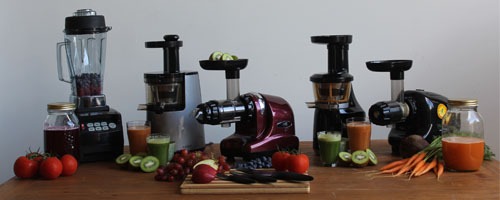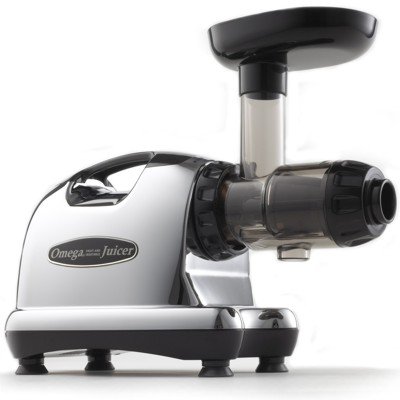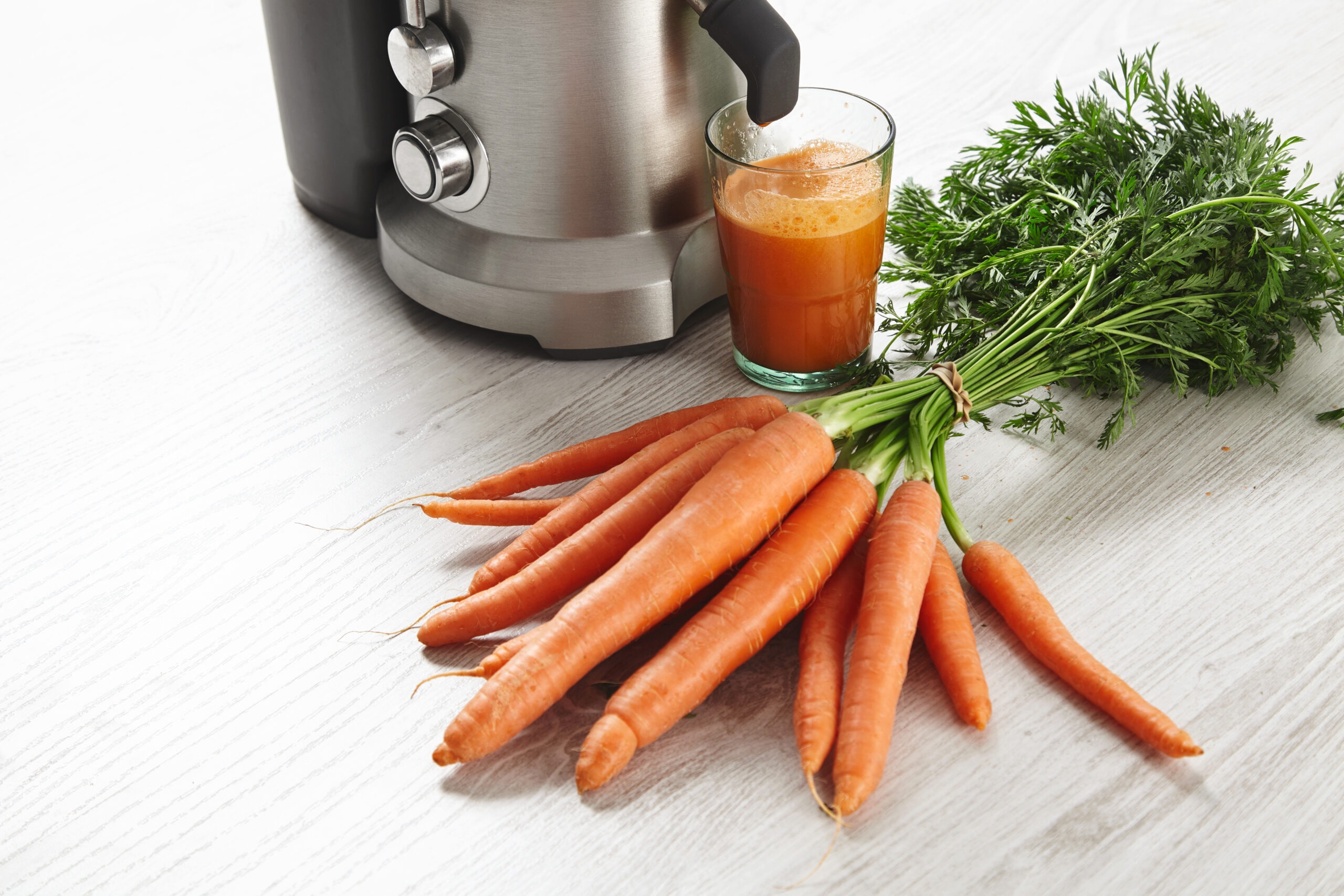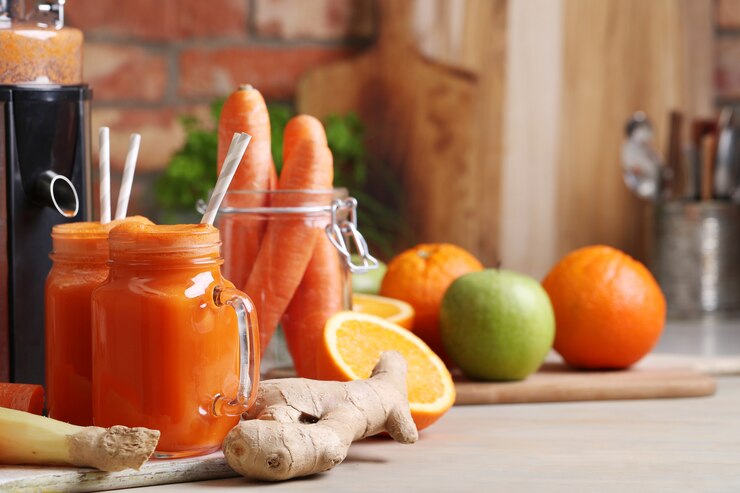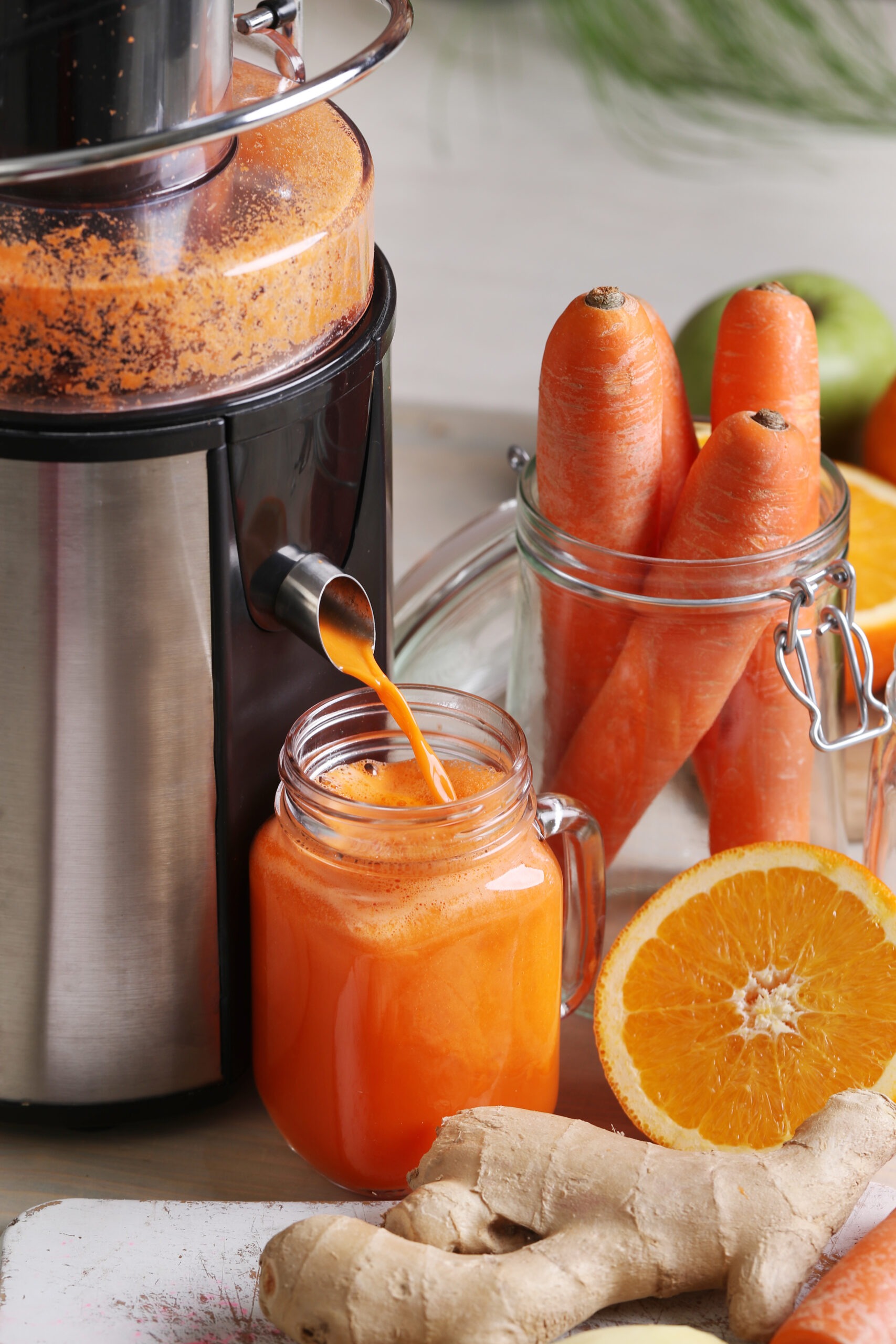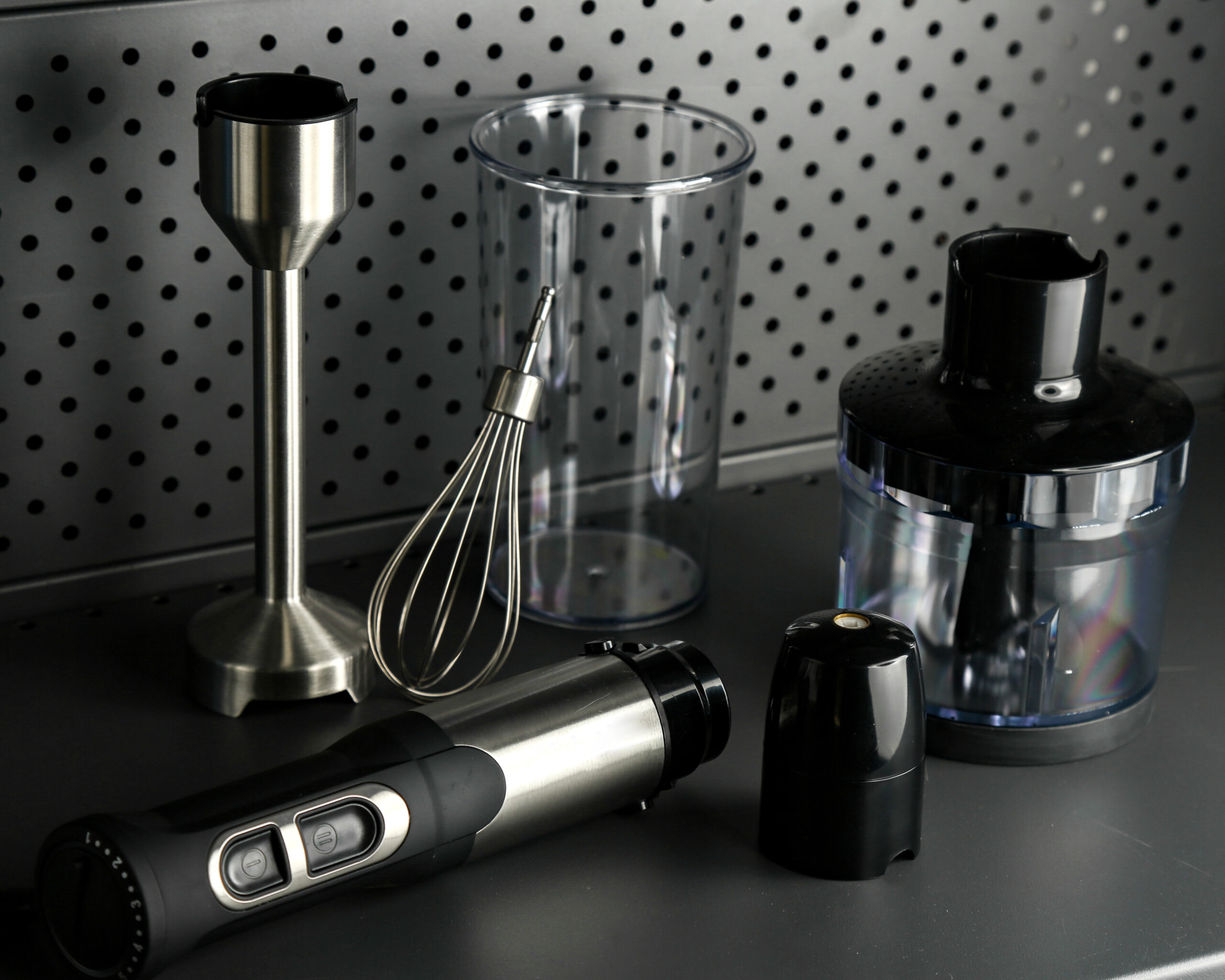Juicing is a great and efficient way to extract nutrients from fruits and veggies. Consuming the juice of fruits and veggies not only adds essential nutrients to your diet but also helps the body absorb more nutrients!
Though plenty of juice bars out there cater to people who want to try different healthy juices, if you want to consume them regularly, it will be more economical to have your juicer at home. Not only is it more cost-effective, but having your juicer at home is also more convenient and allows you to have more options in terms of juice varieties that you can have.
But if you want your juicer at home, you must pick wisely. There are a lot of brands in the market, so the number of options can be overwhelming.
When looking for a juicer, you need to consider that not all can handle different food items equally well.
If you’re in the market for a home juicer, you’ve come to the right blog. Here are some tips to help you pick the best juicer for your home.
Before we go any further, we should first know that there are different juicers.
About 80 to 90 percent of juicers in the market will fall into categories. Here are the three main types of juicers that you’ll see in the market:
The Three Main Types of Juicers
Masticating Juicer
A masticating juicer utilizes a slow-rotating single spiral-shaped gear to crush fruits and vegetables against a stainless-steel mesh screen. The process happens at a relatively slower pace which also explains why a masticating juicer is also known as a slow juicer. The juicer feeds fruits and vegetables into a tube which interns grind or masticates the food into pulp.
The pulp is continuously ejected into the pulp containers while the juice slowly collects in a juice container under the gear shaft.
Using a masticating juicer has several advantages. Here are some of them: Masticating juicers can handle hard and frozen food items, making this type ideal for instantly making frozen snacks. Its relatively slow pace can also be an advantage. Because a masticating juicer works slowly, it can extract more juice. The slower speed of a masticating juicer also minimizes oxidation, thereby preserving more nutrients.
Twin Gear or Triturating Juicer
Like a masticating juicer, a triturating juicer also uses an auger or gear to crush and juice food items. But the main difference between the two is that a triturating juicer employs two augers or gears.
A triturating juicer separates the juice into two stages. First, it crushes the fruits and vegetables before pressing the juice out of them—this method of juicing extracts more enzymes, trace minerals, and soluble fiber from fruits and vegetables.
Centrifugal Juicer
Centrifugal juicers work similarly to a washing machine on a spin cycle. A centrifugal juicer sends fruits and vegetables through a tube that directly feeds them into a spinning blade that will shred them. The juices from the shredded fruits and vegetables collect at the sides of the basket and are pushed into a jug or glass.
Some centrifugal juicers are designed to automatically eject the pulp of the fruits and vegetables. Juicers designed like this push the pulp out of the machine and into a pulp container. In contrast, juicers that do not have this automatic function require the pulp to be manually removed.
Things to Consider
Now that you’re acquainted with the different types of juicers, it’s time to think about what you should consider before buying a juicer for your home.
So here is a list of some things you should first consider and the features you should look for when choosing a juicer for your home.
Yield or Type of Produce
Before buying a juicer, first consider the food items that you’ll be using it on. To make your money’s worth, you need to think ahead. Consider what food item you will frequently be using the juicer on.
Doing so can help you pick a juicer that will maximize the yield you can get from juicing.
Size and Storage
You must pick a juicer that you’ll be comfortable handling. A juicer will only be useful if it’s not too bulky and heavy to move.
Another consideration is whether you have ample space in your home. You obviously can’t have a juicer lying around unattended. So you’ll need to consider if a juicer will fit in your kitchen and cupboards.
Speed and Noise
Pick a juicer that is going to match your lifestyle. You can’t have a slow juicer if you have a fast-paced life. At the same time, it would be a bad idea for people that prefer silence and peace to get a noisy juicer.
If you prefer a silent juicer, then a masticating juicer might be your best type. On the other hand, if you live a fast-paced life, then the fast-paced juicing of a centrifugal juicer might be the ideal type of blender for you.
Pulp Elimination
Using a juicer will inevitably produce pulp as a byproduct. While some juicers are designed to eject pulp automatically, some require manual removal.
If you want less hassle, choose a juicer that automatically separates and ejects the pulp so you want to suffer from the added chore of stopping the juicer and manually collecting the pulp.
Ease of Use and Cleanup
Some juicers are easier to clean and take apart than others. A multifunction juicer can accomplish many tasks, but the more function it provides, the more parts it will have. But the extra effort in setting up can be worth it.
And, of course, for hygienic purposes, a juicer should also be cleaned regularly. Given that a juicer can have sharp blades and hard-to-reach areas, you might want to look for juicers that come with specialized brushes.
Warranty
Another thing to consider whenever you’re on the market for a new juicer is the product’s warranty terms. Warranty coverage may vary per a juicer’s brand and type. Most high-speed centrifugal juicers come with only 1-5 year warranties as the motors, given the speeds it operates at, can have the tendency to burn out. Masticating juicers on the other hand, normally come with substantial 10-year plus domestic warranties on the motor.
To get your money’s worth and prevent trouble down the road, be sure to check where warranties are serviced and what the warranties do and do not cover.
Price
When shopping for a market juicer, it is always prudent to have a price range check.
To stay on budget, you have to have a price range of what you’re willing and can afford to spend.
Some cheaper juicers on store shelves can be just as great as the more expensive and high-end ones in terms of function. But the high-end ones also come with a longer warranty. Ultimately, your choice will be determined by how much you’re willing to spend on a juicer.
These are just some things you should know and consider before buying a juicer. We hope this blog helps you decide and find the best juicer for your home.

